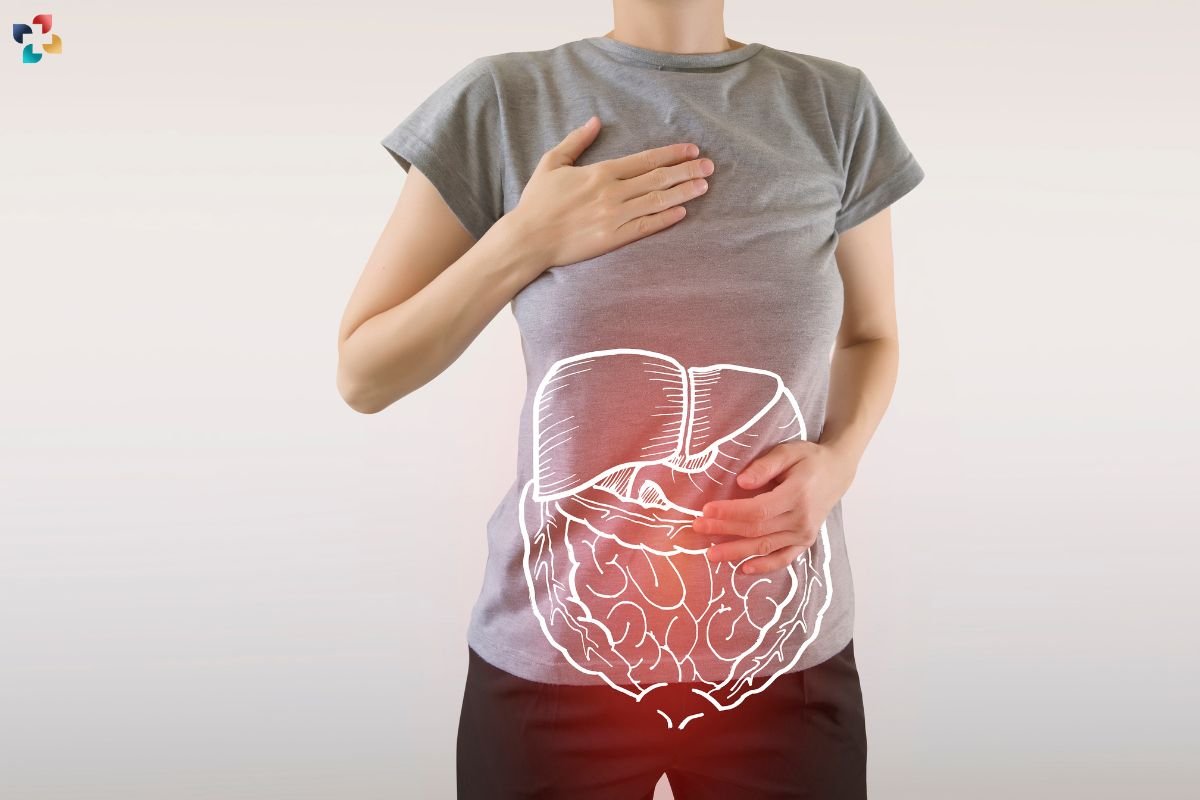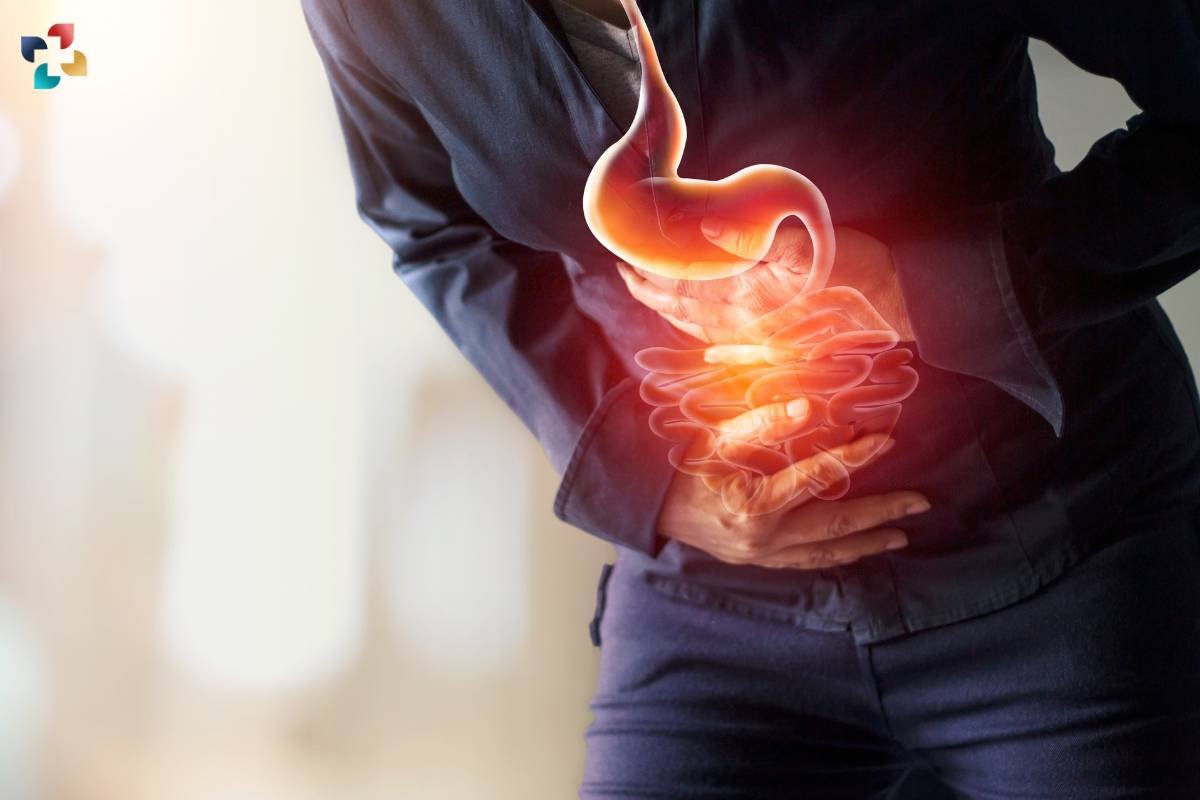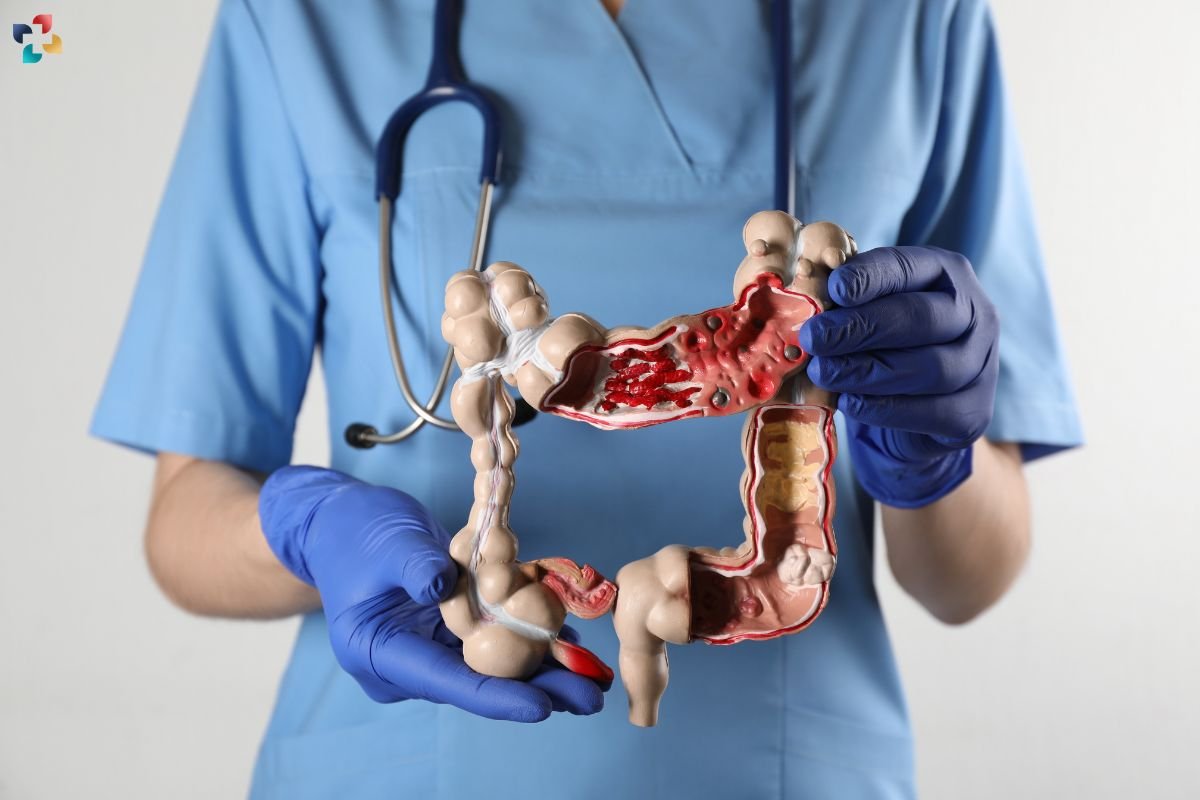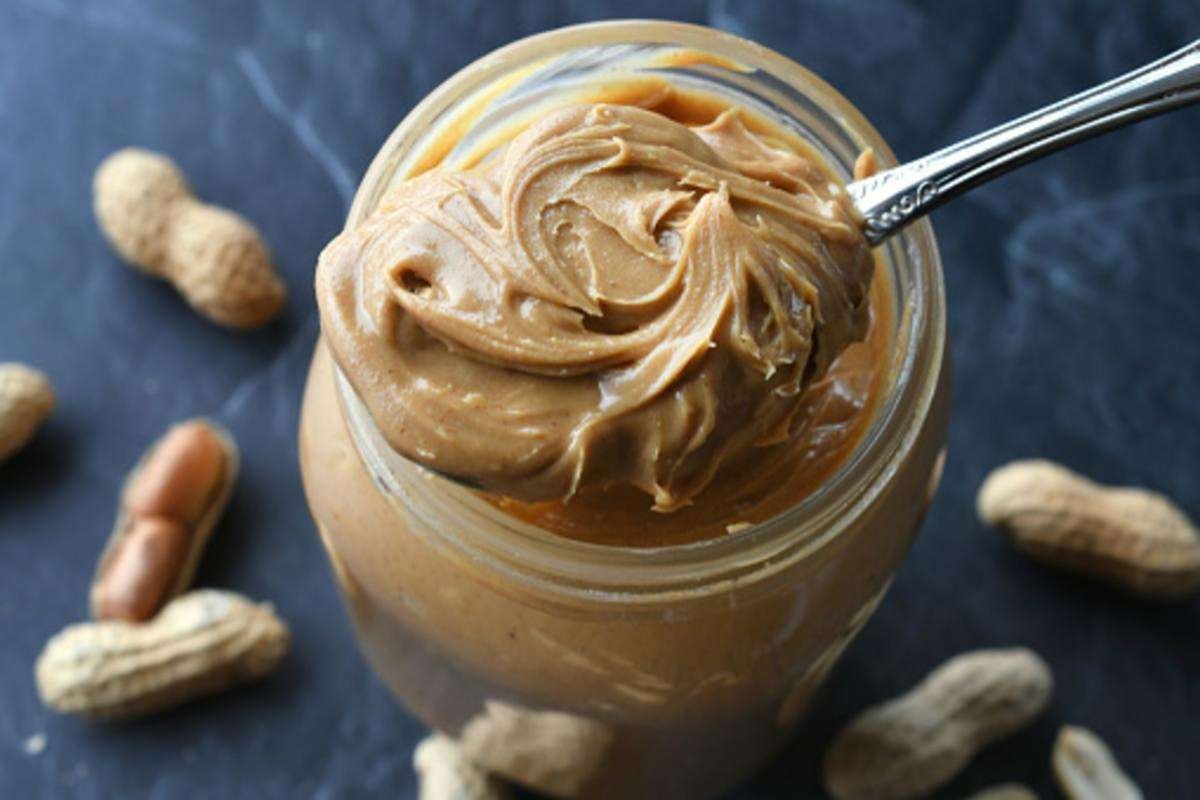Colon Hydrotherapy, also known as colonic irrigation or colonic cleansing, is a procedure that has gained popularity in recent years as a method of detoxifying the body and promoting overall health. This treatment involves flushing the colon with water to remove waste and toxins. While some advocates claim that colon hydrotherapy can offer numerous health benefits, it is essential to understand the procedure, its potential benefits and risks, and what to expect during and after treatment. In this article, we will explore colon hydrotherapy in detail to provide a comprehensive understanding of this practice.
What is Colon Hydrotherapy?
Colon Hydrotherapy is a procedure designed to cleanse the colon by introducing water into the rectum through a tube. The water circulates through the colon, helping to dislodge and remove accumulated waste, mucus, and toxins. The procedure is usually performed by a trained therapist using specialized equipment. Colon hydrotherapy is different from an enema, which only cleanses the lower part of the colon. Instead, this treatment aims to cleanse the entire length of the colon.
How Does Colon Hydrotherapy Work?
During a colon hydrotherapy session, the patient lies on a treatment table, and a small, disposable speculum is gently inserted into the rectum. The speculum is connected to a tube that delivers warm, filtered water into the colon. The water is introduced in a controlled manner, and as it flows into the colon, it helps to soften and loosen fecal matter. The waste is then expelled through another tube, carrying the waste out of the body. This process is repeated several times during a session, which typically lasts about 45 minutes to an hour.
Potential Benefits of Colon Hydrotherapy:
Proponents of colon hydrotherapy claim that the procedure can offer a variety of health benefits, including:
1. Improved Digestive Health

Colon hydrotherapy may help improve digestive health by removing waste and toxins that have built up in the colon. This can lead to better absorption of nutrients, reduced bloating, and relief from constipation.
2. Enhanced Detoxification
By flushing out toxins and waste from the colon, colon hydrotherapy can support the body’s natural detoxification processes. This may help reduce the burden on other organs involved in detoxification, such as the liver and kidneys.
3. Increased Energy Levels
Some individuals report feeling more energized and less fatigued after undergoing colon hydrotherapy. This increase in energy may be attributed to the removal of toxins and improved digestion.
4. Weight Loss Support
Colon hydrotherapy may aid in weight loss by helping to remove excess waste and reducing bloating. While it is not a weight loss treatment, it can be a complementary therapy for those seeking to improve their overall health and fitness.
5. Improved Skin Health
Clearer skin is another potential benefit of colon hydrotherapy. By reducing the load of toxins in the body, the procedure may help alleviate skin conditions such as acne and eczema.
Risks and Considerations:
While colon hydrotherapy can offer potential benefits, it is not without risks and considerations. It is essential to be aware of these before deciding to undergo the procedure:
1. Risk of Infection
Improperly sterilized equipment or contaminated water can introduce harmful bacteria into the colon, leading to infections. It is crucial to ensure that the procedure is performed by a trained and certified therapist using sterile equipment.
2. Electrolyte Imbalance

Colon hydrotherapy can disrupt the balance of electrolytes in the body, which can be dangerous, especially for individuals with certain medical conditions. Symptoms of electrolyte imbalance include weakness, confusion, and irregular heartbeats.
3. Bowel Perforation
Although rare, there is a risk of bowel perforation during colon hydrotherapy. This is a serious condition that requires immediate medical attention.
4. Dependency
Frequent colon hydrotherapy can lead to dependency, where the colon becomes reliant on external cleansing methods and loses its ability to function properly on its own.
5. Potential for Discomfort
Some individuals may experience cramping, bloating, or discomfort during and after the procedure. These symptoms are usually temporary but can be uncomfortable.
Who Should Avoid Colon Hydrotherapy?
Certain individuals should avoid colon hydrotherapy due to the potential risks involved. These include:
- People with gastrointestinal conditions such as Crohn’s disease, ulcerative colitis, or diverticulitis.
- Individuals with heart or kidney disease.
- Pregnant women.
- Those with a history of gastrointestinal surgery or bowel obstruction.
It is essential to consult with a healthcare provider before undergoing colon hydrotherapy, especially if you have any underlying health conditions.
What to Expect During a Colon Hydrotherapy Session
If you decide to undergo colon hydrotherapy, here is what you can expect during a typical session:
1. Initial Consultation
Before the procedure, you will have an initial consultation with the therapist. They will review your medical history, discuss any health concerns, and explain the procedure in detail.
2. Preparation
You may be advised to follow a specific diet or fasting protocol before the session to ensure the colon is as empty as possible. Drinking plenty of water and avoiding heavy meals can help prepare your body for the procedure.
3. The Procedure
During the session, you will lie on a treatment table, and the therapist will insert the speculum into your rectum. Warm, filtered water will be introduced into your colon, and you may feel a sensation of fullness or mild cramping as the water flows in. The therapist will massage your abdomen to help dislodge waste and promote the flow of water. The process of filling and emptying the colon will be repeated several times.
4. Aftercare
After the session, you may feel the need to use the restroom to expel any remaining water and waste. It is essential to stay hydrated and avoid heavy meals for the rest of the day. Some individuals may experience mild fatigue or discomfort, but these symptoms typically subside within a few hours.
Colon Hydrotherapy and Diet

Maintaining a healthy diet can enhance the benefits of colon hydrotherapy. Eating a diet rich in fiber, fruits, vegetables, and whole grains can promote regular bowel movements and support overall digestive health. Staying hydrated is also crucial, as water helps to flush out toxins and keep the digestive system functioning smoothly.
Scientific Evidence and Controversy
The scientific community remains divided on the benefits of colon hydrotherapy. While some studies suggest that the procedure can help with certain digestive issues, there is limited evidence to support many of the broader health claims made by proponents. Critics argue that the body is capable of detoxifying itself naturally through the liver, kidneys, and intestines, and that colon hydrotherapy is unnecessary and potentially harmful.
It is essential to approach colon hydrotherapy with a critical mind and consider the potential risks and benefits. Consulting with a healthcare professional can help you make an informed decision based on your individual health needs.
Conclusion
Colon hydrotherapy is a procedure that aims to cleanse the colon by flushing it with water. While it can offer potential benefits such as improved digestion, enhanced detoxification, and increased energy levels, it is not without risks. Infection, electrolyte imbalance, bowel perforation, and dependency are some of the potential risks associated with the procedure. It is crucial to consult with a healthcare provider before undergoing colon hydrotherapy, especially if you have underlying health conditions.
By understanding the procedure, its potential benefits and risks, and what to expect during a session, you can make an informed decision about whether colon hydrotherapy is right for you. Remember to prioritize your overall health and well-being, and always seek the advice of a medical professional before embarking on any new health treatments.
Whether you are considering colon hydrotherapy for its detoxification benefits or to support your digestive health, this comprehensive guide provides the essential information you need to navigate this treatment option. As with any health procedure, informed decision-making and professional guidance are key to achieving the best possible outcomes.

Nourishing Your Gut: The Essential Stomach Ulcer Diet Guide
In this comprehensive guide, we’ll explore the ins and outs of a stomach ulcer diet, including foods to eat and avoid, meal planning tips, and lifestyle adjustments to support digestive health.







